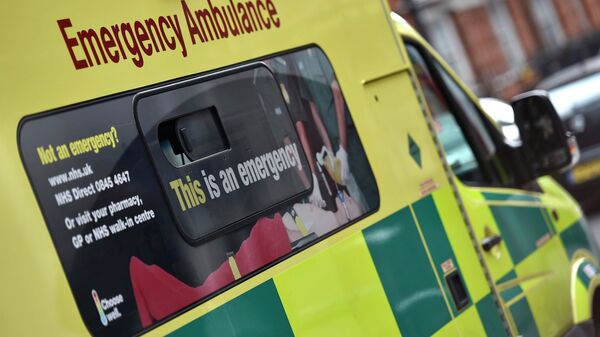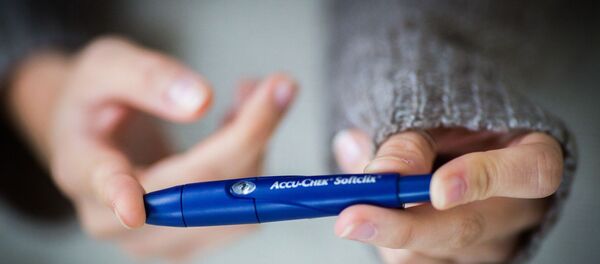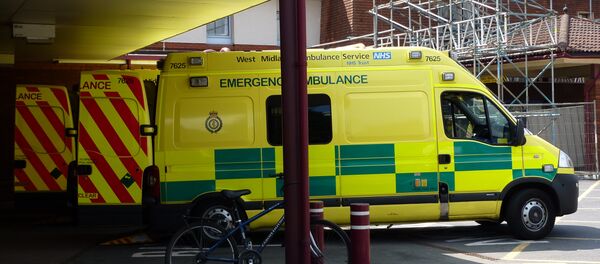The 111 helpline, which was designed for such cases as when a person urgently needs medical help or advice on issues that do not constitute an emergency, is not safe on evenings and weekends and is not coping with the target of answering 95 percent of calls within a minute, the whistleblower said.
"At one stage [during Christmas period] there were over 200 people waiting to be answered in out call centre… If you have somebody who's reluctant to call an ambulance, because they have chest pains or something, that could possibly be life threatening," she said.
"Recently over the weekend, going into work in the early hours, there were still 70 people on the clinicians' list that have called in either overnight or on the previous night, and were still waiting for a call back," the call handler said.
The whistleblower said she regularly has to send ambulances to people who do not need them, as a computer program tells her to do so. The 111 call handlers are not medically trained, and have to rely on the risk-averse system, which on occasion requests that unneeded ambulances be sent when triggered by responses from patients.
The NHS is the publicly funded health care system in the United Kingdom. The majority of the services it provides are free of charge for the country's population.




